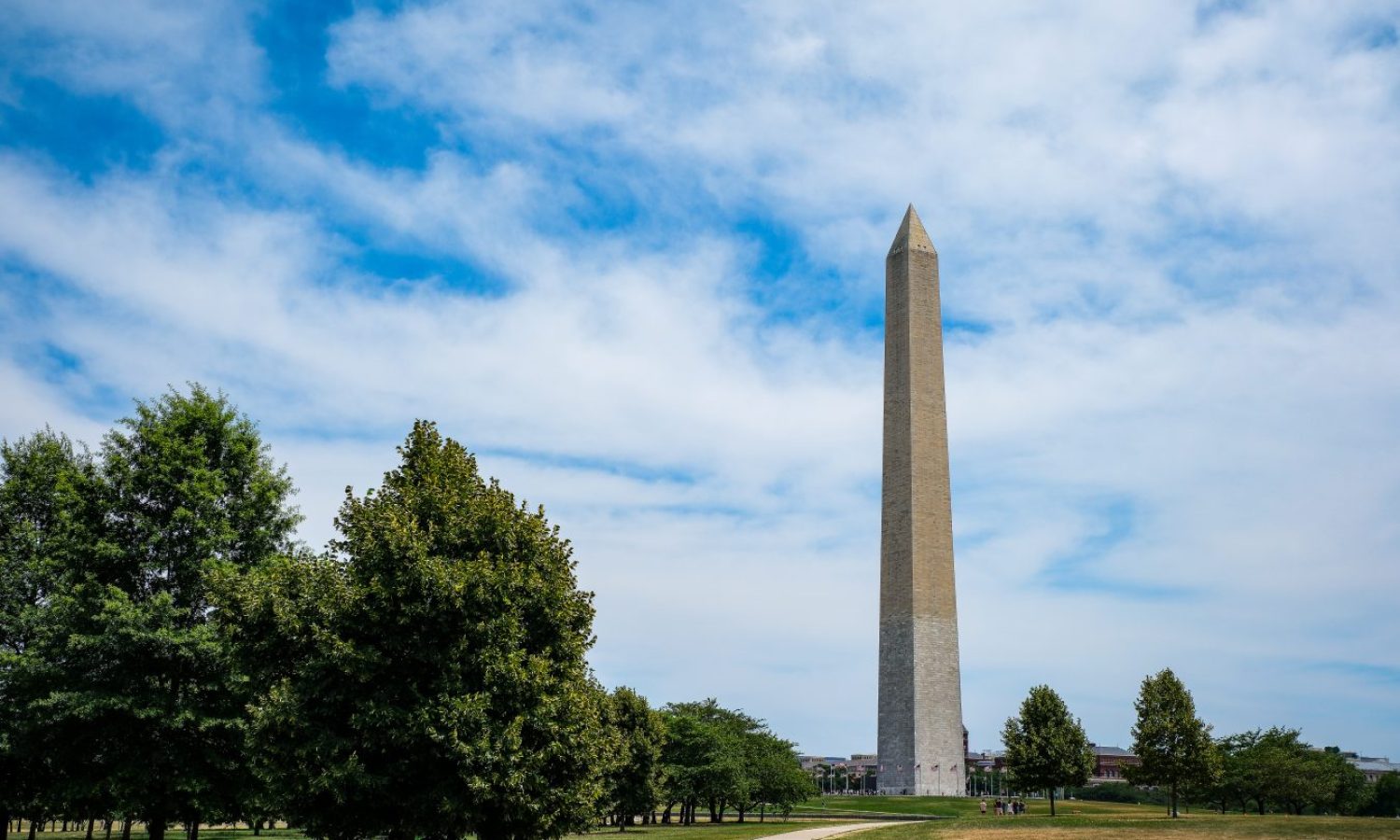i2Coalition Internet Infrastructure Policy Brief: October 2024
Your brief update on important Internet policy issues
OUTLOOK
The U.S. Presidential campaign season is drawing to a close with early voting underway in states and election day voting set for November 5. Lawmakers are expected to return to Washington, DC on November 12 to complete unfinished legislative business before the 118th Congress ends. In addition, after November 5, Presidential transition planning and new member orientation and general organization for the next 119th Congress will accelerate, once the election results are known. After the election, keeping the federal government funded after the current continuing resolution deadline of December 20 will be a top legislative priority. Congress is also expected to address several other areas, including the defense authorization bill and provision of more disaster relief funding in the wake of the major hurricanes damage. The Vice Presidential candidates, Democrat Tim Walz and Republican J.D. Vance, held a single televised debate on October 1 hosted by CBS News in New York City. No additional Presidential candidate debates were held in October.
TECH POLICY PRIORITIES
Section 230/Intermediary Liability/Content Moderation. On October 23, 2024, the U.S. Court of Appeals for the Third Circuit denied TikTok’s request for a rehearing en banc in the case Anderson v. TikTok, leaving in effect a three-judge panel ruling in late August that Section 230 immunity does not apply to TikTok’s recommendations of users’ videos. On October 15, a federal district court in California generally denied motions to dismiss and ruled that major social media platforms must face claims in a consolidated case from 35 states alleging that their platforms promote compulsive use by minors.
Federal Privacy. Supporters of the Senate-passed Kids Online Safety Act (KOSA) continue to seek House floor consideration of the measure, but its prospects are uncertain. House Republican leaders have expressed concerns, including that the bill gives the FTC too much authority and could result in censorship of conservative voices. Whether KOSA or the Children and Teens’ Online Privacy Protection Act (COPPA 2.0) have a chance of becoming law before the 118th Congress ends will be determined after the November 5 election during the lame-duck legislative session.
Copyright/IP. The U.S. Copyright Office (USCO) issued its ninth ruling on Digital Millennium Copyright Act (DMCA) exemptions to the prohibition on circumvention of copyright protection systems for access control technologies. Due to insufficient evidence, USCO denied requests for AI trustworthiness research and educational platform access, and suggested that Congress may need to address AI research concerns and consider permanent exemptions.
Antitrust/Competition. In the federal court case finding Google liable under antitrust law for maintaining a monopoly in search, the Department of Justice (DOJ) has proposed a broad restructuring remedy for Google’s search operations. Google has countered that the DOJ’s proposals could negatively impact consumer privacy and AI innovation, and plans to appeal the court decision. The Federal Trade Commission (FTC) and DOJ announced the new, final rule amending the Hart-Scott-Rodino (HSR) Act premerger notification requirements, which aims to improve antitrust assessments.
Broadband. The FCC is appealing to the U.S. Supreme Court a Fifth Circuit federal appeals court decision ruling that the Universal Service Fund (USF) contribution method is unconstitutional. This legal uncertainty is putting a spotlight on Congressional working groups grappling with the complexities of how to reform the universal service fund and create a sustainable system. A panel of Sixth Circuit federal appeals court judges is hearing oral arguments on October 31 regarding the legality of the FCC’s Open Internet (net neutrality) rules. It remains to be seen if, before the end of this Congress, lawmakers will complete other unfinished business, including approving funds needed to sustain the Affordable Connectivity Program (ACP) as well as reauthorizing spectrum auction authority.
Find Out More…
For more in-depth updates on Internet policy, including issues that specifically impact your organization, please contact us about joining the i2Coalition.

